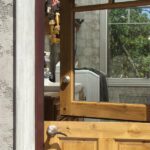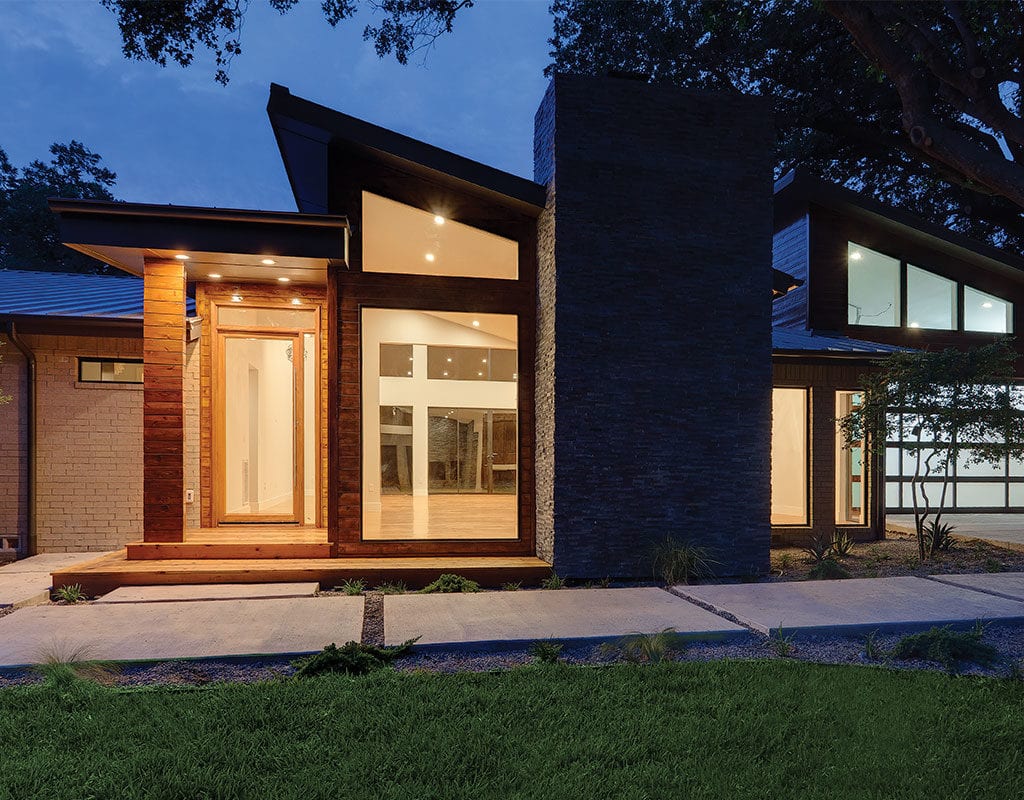Windows play an important role in every home. They provide natural light and ventilation, and can enhance the aesthetic value of a house. However, over time, windows can become worn, damaged, or outdated and may need to be replaced. Replacement windows come in a variety of materials, each with its own unique characteristics and benefits. In this article, we will discuss five common materials for retrofit windows.
1. Vinyl Windows
Vinyl windows are the most popular replacement window option in the United States due to their affordability, energy efficiency, and low maintenance. Vinyl windows are made from polyvinyl chloride (PVC) and can be customized to fit any window opening. They are available in various colors and finishes to match any home’s style. Vinyl windows are also energy efficient, designed to provide a tight seal, reducing air leakage and heat loss. Additionally, vinyl windows do not require painting or staining, making them a low-maintenance option.
2. Wood Windows
Wood windows are a classic option for replacement windows. They are known for their natural beauty, versatility, and durability. Wood windows are available in a variety of wood species, such as pine, oak, and mahogany, and can be painted or stained to match any home’s style. Wood windows are also energy efficient as they provide natural insulation, keeping the heat inside during the winter and outside during the summer. However, wood windows require regular maintenance to protect them from moisture, pests, and rot.
3. Fiberglass Windows
Fiberglass windows are a newer option for replacement windows. They are made from glass fibers and resin and are known for their durability, energy efficiency, and low maintenance. Fiberglass windows can be customized to fit any window opening and are available in a variety of colors and finishes. They are also energy efficient as they are designed to provide a tight seal, reducing air leakage and heat loss. Fiberglass windows do not require painting or staining, making them a low-maintenance option. Additionally, fiberglass windows are resistant to moisture, warping, and fading.
4. Aluminum Windows

Aluminum windows are a popular option for commercial buildings and modern homes. They are known for their durability, strength, and low maintenance. Aluminum windows can be customized to fit any window opening, and are available in a variety of colors and finishes. They are also energy efficient as they provide a tight seal, reducing air leakage and heat loss. However, aluminum windows are not as energy efficient as other materials and can contribute to condensation and heat transfer.
5. Composite Windows
Composite retrofit windows are a blend of different materials, typically consisting of wood fibers and PVC. They are known for their durability, energy efficiency, and low maintenance. Composite windows can be customized to fit any window opening and are available in a variety of colors and finishes. They are also energy efficient and designed to provide a tight seal, reducing air leakage and heat loss. Composite windows do not require painting or staining, making them a low-maintenance option. Additionally, composite windows are resistant to moisture, warping, and fading.

